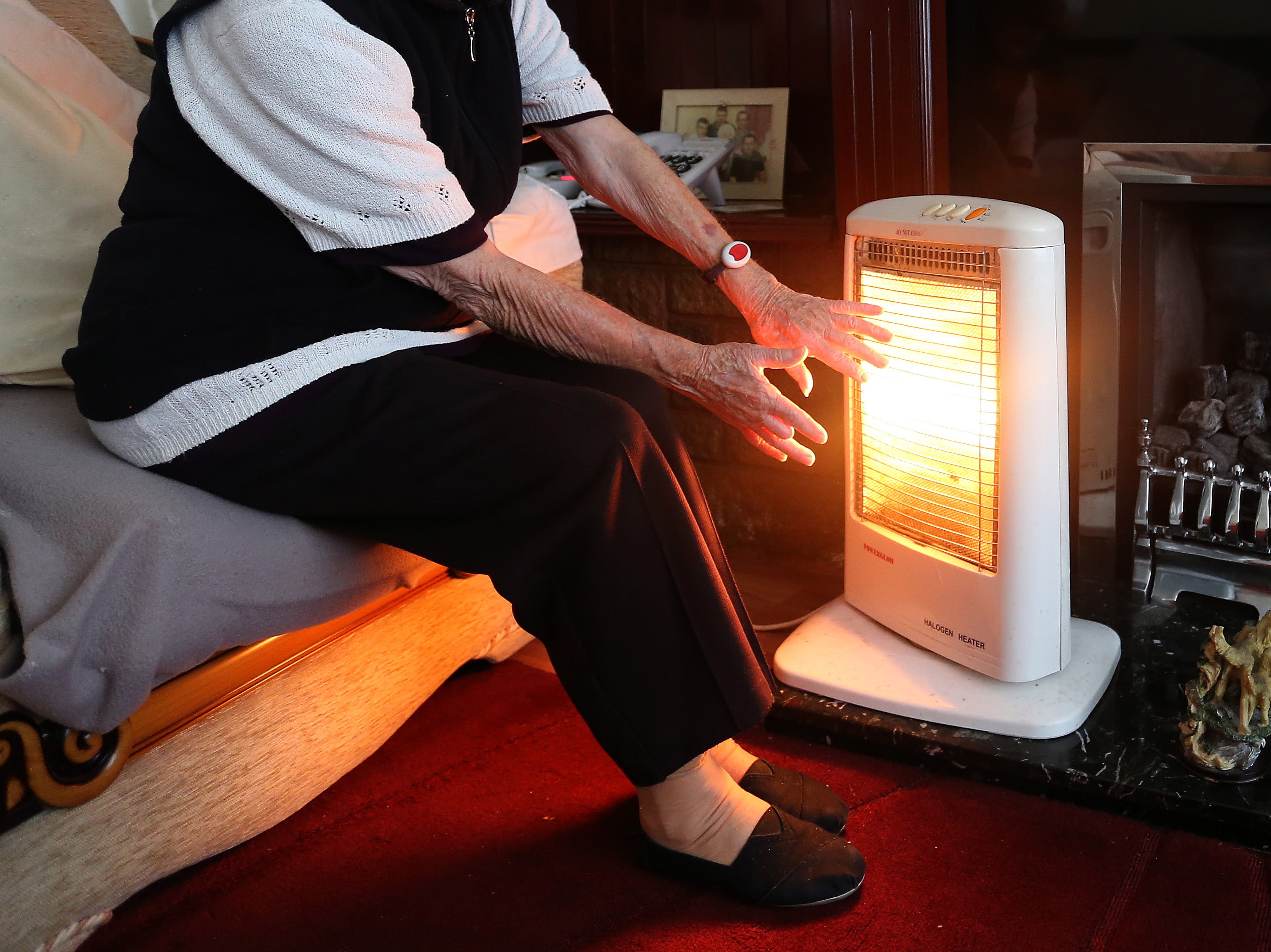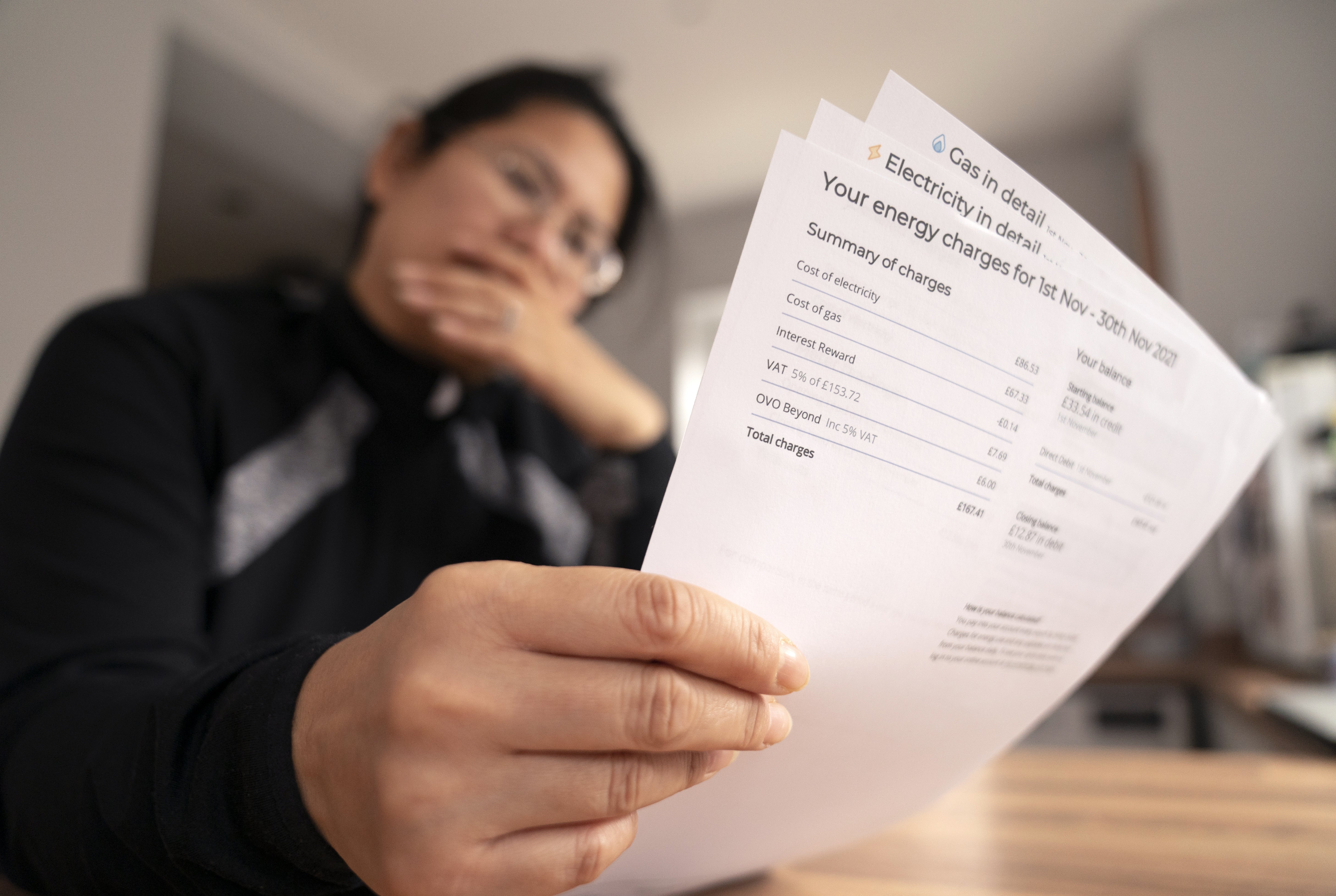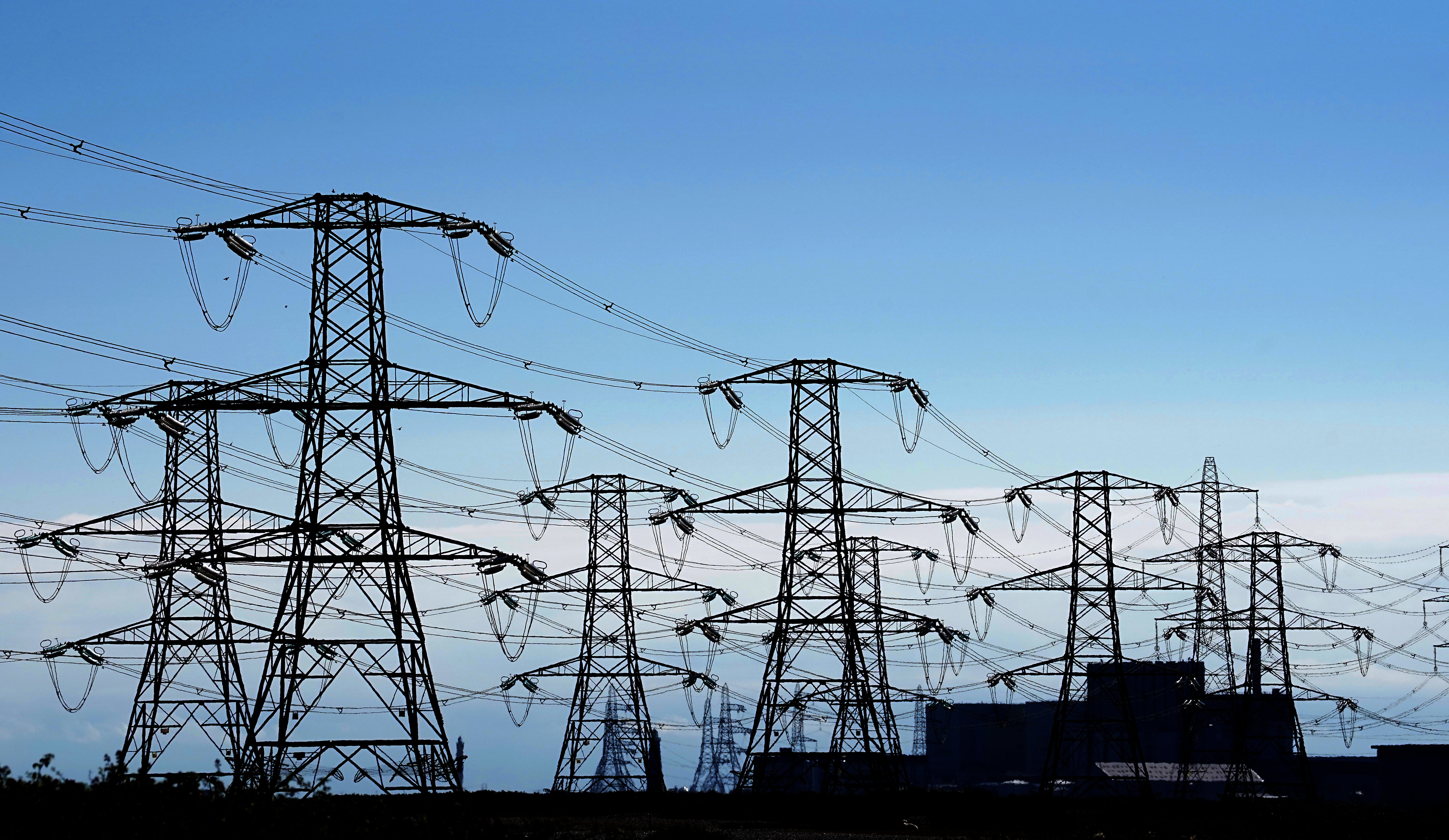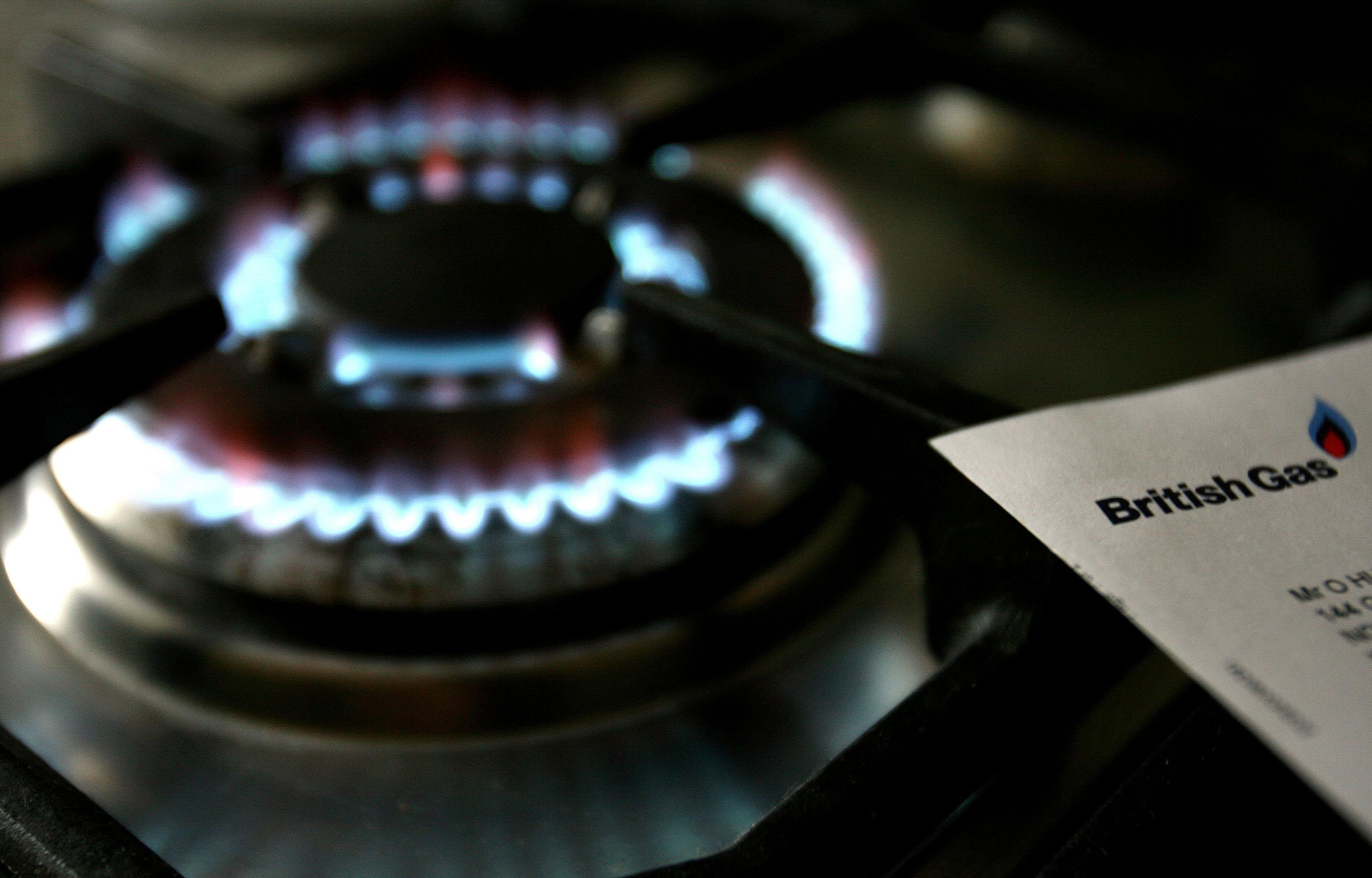Timeline of energy cap increases as bills surge by 80% in six months
Government has announced plans to help businesses cope with rising costs

New measures to help businesses cope with soaring energy costs have been announced by the government.
Energy bills for firms, charities and the public sector are to be capped.
It comes after former prime minister Liz Truss announced an energy price guarantee for households that would ensure no household pays more than £2,500 in energy bills. But new PM Rishi Sunak has announced plans to rise the energy price cap to $4,279 from January 2023.

The proposals are in response to the devastating cost of living crisis which has seen utility bills catapulted to eye-watering figures as UK regulator Ofgem continues to announce increases in energy price caps.
Here is a timeline on Ofgem’s energy price cap announcements in the past two years:
February 2019
In February 2019, Ofgem announced the cap would increase from April by £117 to £1,254.
It said the pre-payment meter cap would increase by £106.
August 2019
The regulator announced a decrease in the default tariff cap and the pre-payment meter.
The default tariff was reduced by £75 to £1,179 while the pre-payment meter by £25 to £1,217.

February 2020
Another decrease was seen in this month by one per cent for both meter and tariff caps by one per cent.
The default tariff went down to £1,162 while the pre-payment meter decreased to £1,200.
August 2020
Ofgem introduced new lower levels of typical electricity consumption to calculate the price cap annual bill equivalent figures.
The regulator announced the default tariff cap would reduce by seven per cent from £1,126 to £1,042 for 1 October 2020 to 31 March 2021.
From 1 October, the default tariff cap also included a new cap level for prepayment meter customers.

February 2021
After months of decreases, Ofgem announced that both price caps would increase from April 2021.
The price cap for default tariffs went up by £96 to £1,138 while pre-payment meters increased by £86 to £1,156.
August 2021
Ofgem announced both caps would increase from October 2021.
Default tariff customers would see an increase equated to £139 to £1,277 and a rise of £153 to £1,306 for pre-payment customers.
February 2022
This year saw the biggest jumps in the energy price cap increases. It started in February with an increase that would affect 22 million customers.

The average customer on a default tariff paying by direct debit would see a £693 rise to £1,971 from April 2022.
For a prepayment customer, an increase of £708 to £2,017 was to be expected.
August 2022
On 26 August, an announcement was made that the energy price cap would increase by £1,578 to £3,549 per year from 1 October 2022 for the average household on direct debit.
This is an 80 per cent increase in payment.
For the prepayment meter, the cap would increase by £1,591 to £3,608.
The shocking rise in the energy price cap triggered a response from the government after widespread demand for action.
November 2022
On 24 November, chancellor Jeremy Hunt announced the price cap would rise to $4,279 from January 2023 to record levels.
This means Ofgem has increased the price cap to 67p per unit for electricity and 17p for gas from January.
Experts at energy consultancy Auxilione estimate the new cap will cost the government around £15.1 bn to subsidise energy companies household bills between January and March.



Join our commenting forum
Join thought-provoking conversations, follow other Independent readers and see their replies
Comments